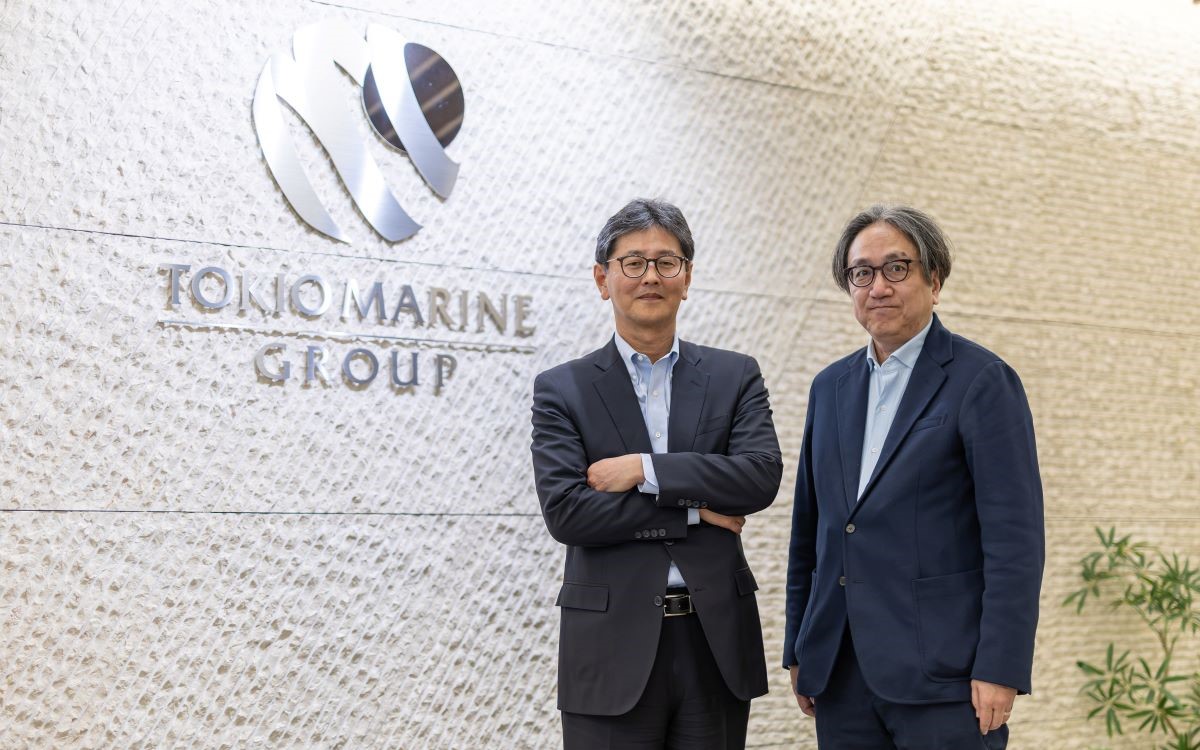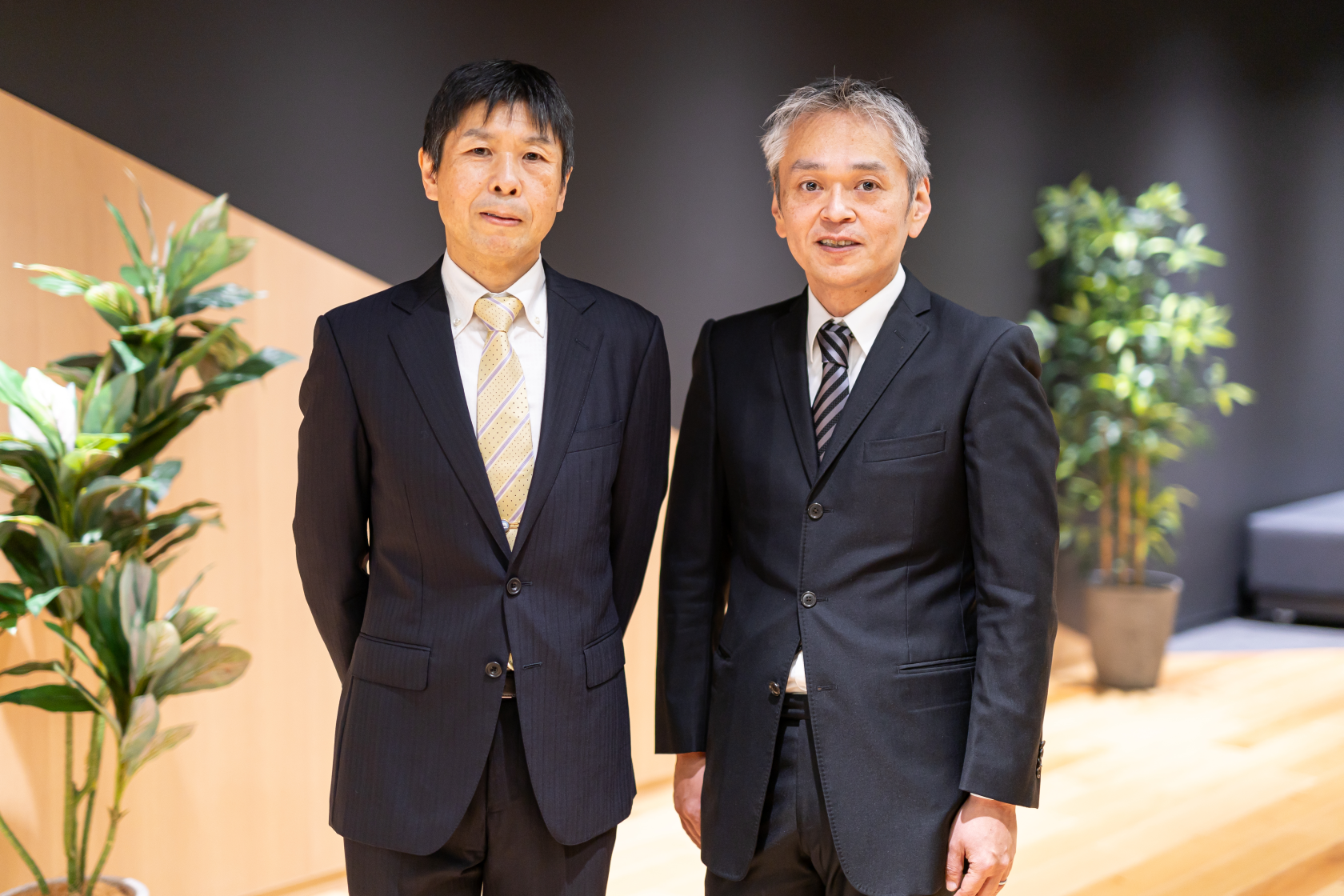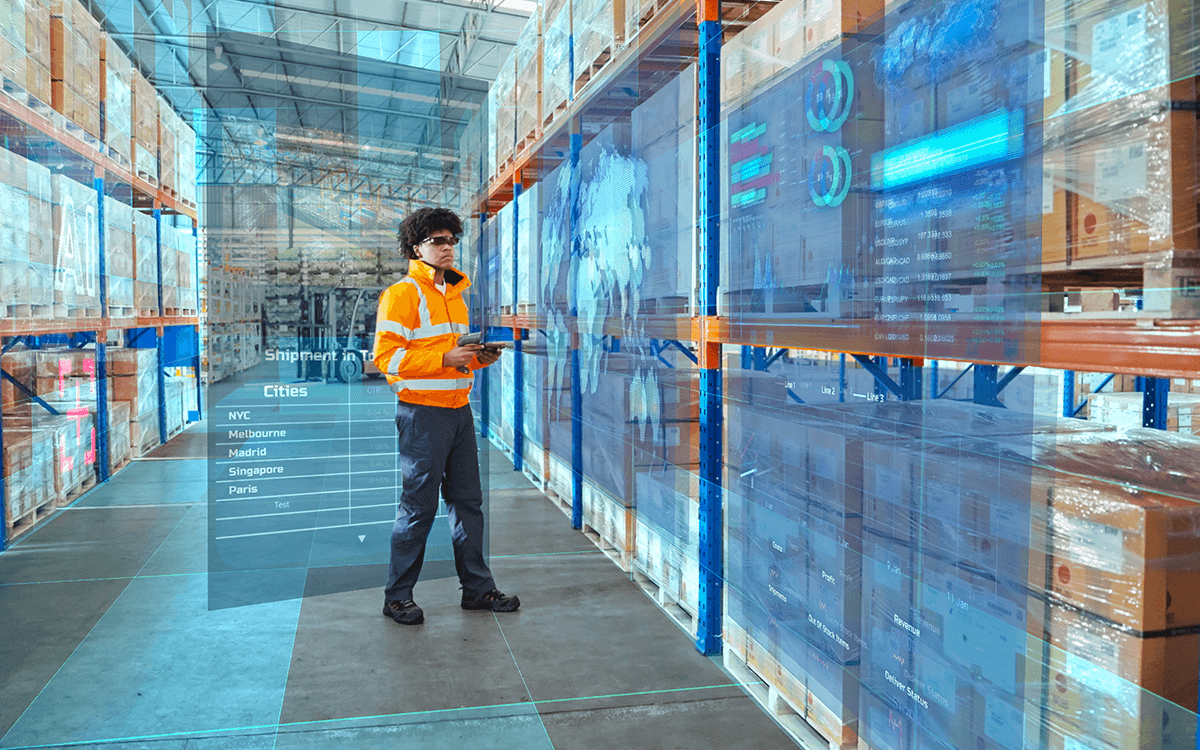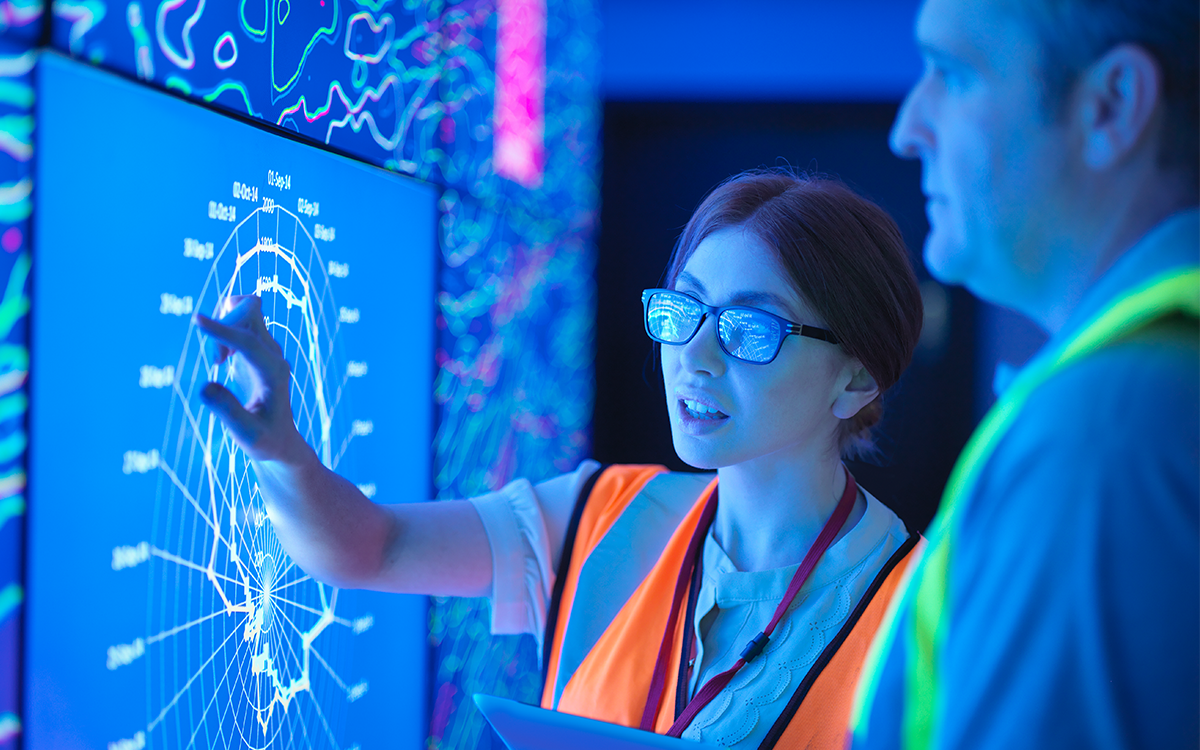Bridging the Gap: ESG Reporting Driving Impactful Business Model
Fujitsu / April 25, 2024
Talk of ESG (environmental, social and governance) is becoming ubiquitous around the boardroom table. Businesses are facing increasing pressure to stand up and be counted when it comes to sustainability – from governments and investors, to customers and employees. As the world faces an unprecedented combination of challenges, leaders will need to combine the power of data and their people to usher in a new era of enterprise that prioritizes both sustainability and financial performance.
This digital shift will not happen overnight. Nor will it be a one-size-fits-all approach. But next-generation technologies such as blockchain can help take sustainability transformation (SX) strategies to the next level. Blockchain is a distributed database or ledger that stores information in locks linked together via cryptography.
Its properties – transparency, traceability, automation and decentralization – mean it has particular relevance when it comes to ESG. Currently, there is a lack of confidence across the world. People don’t believe their governments, companies, events in the news, or data. Blockchain can bridge that gap.
We’ve already discussed the role accurate ESG reporting will play (*1) and the importance of data and AI in sustainability transformation (*2). Now let’s delve deeper into how the transparency, traceability, and decentralization of blockchain will help enterprises navigate this new phase, bridging the gap to realizing your SX.
Blockchain: an engine for transparency
As a technology solution, blockchain has been used by enterprise in a variety of ways. The fashion industry, for example, has been using the technology to create more robust checks and measures against unethical practices. We’ll cover this later in greater detail. Meanwhile, the healthcare sector is also considering using blockchain to facilitate the secure transfer of patient medical records or to help researchers unlock genetic code.
There has been a lot of interest in using blockchain to assist in ESG reporting. It provides transparency across the whole value chain, so anyone can see the records and exchanges of ownership. The data is stored in a tamper-proof manner, and it may be shared between multiple parties, including companies in a network.
Using blockchain can also help to address concerns about “greenwashing” that have plagued efforts to advance sustainability. In 2020, when the European Commission ran a research project to identify instances of greenwashing, it found 42% of green claims were exaggerated, false or deceptive. At an investor level, research has found 85% of asset managers say ESG is a high priority for their companies but almost two thirds (64%) are concerned about a lack of transparency and corporate disclosure around ESG activities.
By inspiring confidence in the data, businesses can create a very different relationship with their value chain. They can start working with customers and providers with the assurance of shared values towards ESG goals.
Creating an impact business
Beyond reporting and compliance, by providing benefits of transparency, traceability, and automation, blockchain is also creating new business models centered around impact. Fujitsu recently surveyed 600 C-suite executives across 15 countries (*3). 45% of the leaders surveyed had increased the number of new products developed, while for the most innovative ‘changemakers’, this number was 57%. This highlights that business leaders now have the data and insights on hand to spot gaps in the market and the technology to facilitate the development of new sustainable products or services.
Blockchain is creating a new market. It’s a significant opportunity for any company that wants to build a new product or service. And the competitive advantage it creates won’t be about price. It’ll be a matter of value and impact offered.
By leveraging data-driven insights through blockchain, companies can prioritize and allocate resources to enhance decision making, identify areas for improvement, and allocate resources more effectively, while driving innovation. The technology offers a way to securely collaborate with multiple stakeholders in a more transparent and decentralized manner, creating more ecosystem thinking with value chains that operate like a matrix. There are also opportunities to add new technologies on top, such as Web3, the Internet of Things (IoT), intelligent automation, and Regenerative Finance (ReFi).
This is just the beginning for a new sustainable ecosystem that is much smarter than anything that’s come before. It will transform businesses into more transparent versions of themselves, while also resulting in more automation of projects with smart contracts. It’ll be an altogether smarter ecosystem for a smarter market.
(*3) Based on a Fujitsu survey of 600 C-suite executives in 15 countries on their attitudes toward sustainability management. The responses were captured in November and December 2023 and the full report was published in April 2024.
Putting blockchain into practice
While there are numerous opportunities to add value using blockchain technology, incorporating it isn’t straightforward. The sector is moving fast and the right data and technology foundations need to be in place before a project commences. In some instances, blockchain may not even be the right solution for the problem at hand. Working with an experienced partner helps to address these obstacles and focus on the business need, rather than the technology itself.
In the case of Fujitsu customer tex.tracer, blockchain provided the vehicle by which materials could be tracked in real time to bring transparency to the fashion sector’s often unwieldy supply chains. Fujitsu worked with the team to design, build and manage a core blockchain platform, which has since traced over 30 million items for more than 120 brands. The company has become the “go-to transparency platform for the fashion industry,” says CEO Jolanda Kooi.
In another example, Botanical Water Technologies (BWT) chose Fujitsu’s Track and Trust service to create a blockchain platform to enable the secure trading of water. The company tackles water scarcity by providing a new source of sustainable water through the harvesting, filtration and purification of water through food production. “Usually water would be certified at the source, but this approach means we can certify at the purification units ourselves,” Terry Paule, CEO of BWT, says. “We have moved our launch date forward two months thanks to Fujitsu’s work.”
The start of the journey
The potential for blockchain has not yet been fully realized. We are only just scraping the surface of what could be achieved in the future as the technology matures. Gartner, for example, has estimated that by 2025, the business value added by blockchain will grow to more than $176bn, surging to exceed $3.1 trillion by 2030.
But the technology itself isn’t a silver bullet. It’s the benefits it provides – transparency, immutability and automation – that will unlock new possibilities for a more sustainable ecosystem. By providing value chain transparency, data security and reducing costs, it has the real potential to revolutionize the way business is done, centered around impact and financial performance. But it’s up to business leaders themselves to embrace it with both hands.

Editor's Picks












